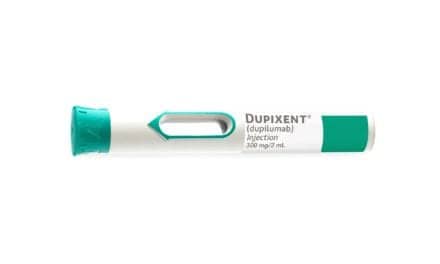Children who are chronically exposed to higher levels of air pollution show marked deficiencies in lung growth and function, and not just short-term breathing problems, reports the American Journal of Respiratory and Critical Care Medicine.
"Our study revealed significant deficits in lung function growth in children with long-term exposure to air pollutants,” wrote Isabelle Romieu, MD, MPH, of the Instituto Nacional de Salud Publico in Mexico and lead author of the study. "In addition to the important impact of lung health, early lung deficits may increase the risk of developing chronic obstructive lung disease later in life, as well as cardiovascular morbidity and general mortality.
Previous studies have found that short-term exposure to pollutants is associated with acute but reversible deficits in lung function, but the effects of long-term exposure, like that experienced by residents of heavily polluted urban environments, had not been conclusively characterized.
“At the beginning of the study and at each phase of follow-up, children exposed to lower ozone (O3) and particulate matter with concentrations under 10 μm had better lung function values that children exposed to higher concentrations,” wrote the researchers.
The study could not determine the mechanism by which pollutants change lung growth, but other studies have found differences in lung morphology related to O3 exposure, and suggested that chronic exposure to particulate matter and ozone may be associated with small airway disease.
“Although we could not identify specific sources [of the pollutants], the effect is likely to be due to vehicular exhaust,” said the researchers.









